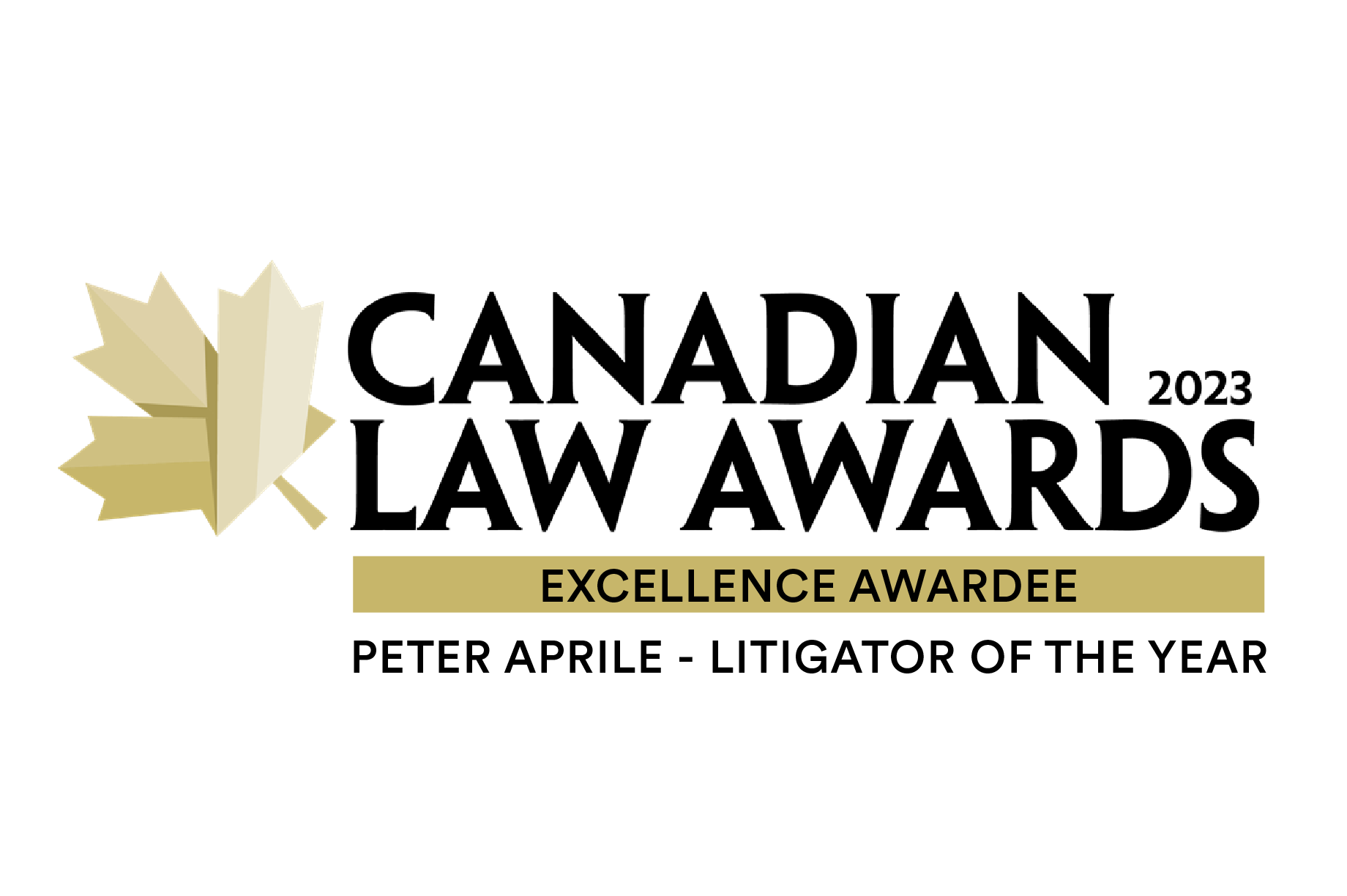
Resolving Tax Disputes (3rd edition) studies tax disputes, conflict levels, and basic strategies. It helps accountants to limit early-stage mistakes and reduce liability.
One of the chapters in RTD3 is about audits and how to handle them. It provides valuable tips to help you navigate the audit process. We’ve included some excerpts from that chapter in this article.
Practice Advisory Tips for Dealing with Auditors
Pro Tip 1: Everything Is Negotiable
Communication at the audit stage can yield many benefits for your client; however, you should also keep in mind the limits on the CRA’s ability to agree to unprincipled settlements. Where possible, all settlement discussions with the auditor at this stage should be phrased hypothetically or marked “without prejudice” to indicate it is a settlement discussion and not an admission that could be relied upon in any future litigation.
Once the dispute reaches the TCC, the Minister’s ability to present a compromise settlement (i.e., one that is based on meeting the taxpayer in the middle rather than one that is based on the law as it is applied to the facts) is limited.
Still, there are no fixed rules that dictate the immutable course of an audit. Every audit involves multiple choices about which subjects will be pursued and which will not; about which points of law will be asserted and which will not; about which findings of fact will be made and which will not.
Every choice the auditor makes is subject to a supervisor’s change before the CRA issues a reassessment. After the CRA issues a reassessment, if the taxpayer objects and appeals, an appeals officer, a Department of Justice (“DOJ”) lawyer and a TCC judge will each make their own judgments about the law and the facts of each issue in the reassessment. Few reassessments remain unaltered through the many stages of the tax dispute resolution process. Even then, they may still be altered in several ways outside of the appeals procedure, such as taxpayer relief applications.

Understanding the CRA's Policy
The CRA’s policy to refuse to make deals is supported by its interpretation of the law, which limits the types of settlements the Minister can make.1 You will likely encounter the practical application of this concept at the later stages of an audit, after you have analyzed the amounts at stake on each issue, the chances of success on objection or appeal, the time and after-tax cost of objecting or appealing, and your client’s willingness to engage the CRA in a dispute.
All factors taken into account, you develop a comprehensive, carefully reasoned compromise proposal. When you meet with the auditor to explain the proposal, the auditor listens politely, smiles and says, ‘‘I’m sorry. I understand and sympathize with your points, but my hands are tied. I can’t make this kind of a deal. If we did this for you, we’d have to do it for everybody. We must assess in accordance with the law.’’
Negotiation Theory
Negotiation theorists characterize this kind of stock answer as part of ‘‘structure power’’ negotiating stratagems, i.e., techniques to garner a bargaining advantage by asserting that the other party’s bargaining initiative is out of bounds.
You should not view the auditor’s stock refusal as a bar to further discussion. Do not allow this type of response to dissuade you from trying to negotiate a reasonable resolution of the dispute at the audit stage. An effective settlement offer outlines compromises in each category the auditor has examined instead of simply demanding an overall reduction to the total amount.
_MidnightBlueGradient.jpg?width=4000&height=1770&name=CounterBlogPattern(2)_MidnightBlueGradient.jpg)
For example, if the auditor has determined that your client has presented insufficient receipts to support meals and entertainment claims, you can ask that, considering the provision of some receipts, it would be reasonable to allow 50 per cent of the original claim instead of disallowing everything. Similarly, percentages such as business use of home or business use of a vehicle can easily be negotiated at the audit stage.
The CRA’s auditors are understandably averse to accepting a compromise that concedes weaker issues to the taxpayer while allowing the taxpayer to object to and appeal from the reassessment on other issues. As such, an auditor is more likely to take a compromise proposal seriously if the taxpayer makes it a term of the proposal to promptly pay the tax and not object to a reassessment that implements the compromise.
Pro Tip 2: Asset Offsetting Claims
Consider that an audit presents an opportunity for reducing your client’s tax liability. The CRA acknowledges that an auditor’s role is to determine the correct tax payable, even if this involves a downward adjustment of tax and a consequent refund.2
While the auditor searches for items to reassess, you can search for offsetting items. Review the taxpayer’s returns for the years being audited to see if the taxpayer can claim deductions or other relief not claimed in the original returns. Your client may have claimed less than the maximum capital-cost allowance, for example, or may have loss carryovers not previously claimed, or may not have claimed other available deductions or exemptions.
Moreover, if you discover that your client did not claim an expense in a year being audited, check whether they claimed it in prior years. If not, apply for adjustments to these prior years, as well as for the year being audited. Subsection 152(4.2) of the ITA allows the CRA to consider such applications even after the normal reassessment periods for prior years.

Pro Tip 3: Rectifying Problematic Agreements
The documents that taxpayers prepare to record agreements and implement transactions do not always correctly reflect the intentions of the parties. During an audit, an auditor may identify such an inaccuracy or mistake and determine that the tax consequences of the agreement or transaction were not as your client thought. If the auditor proposes to reassess your client in such circumstances, it may be possible to anticipate the reassessment by applying to a court in your province for a rectification order.
When issuing a rectification order, the court declares that the agreement or other document did not correctly reflect the parties' intention and orders that the agreement or document be considered for all purposes to be rectified to accurately reflect the parties’ intentions.
Citations
1 You can also read our article, which was published in Canadian Tax Focus, available online at https://cdn2.hubspot.net/hubfs/449501/Counter_Tax/Downloads/countertax-thinking-2013-02-CTF-Settlment-Offers-Qualifying-for-Cost-Awards.pdf for more information on the principled settlement doctrine.
2 CRA, Information Circular 71-14R3, “The Tax Audit”, June 18, 1984, available online at https://www.canada.ca/en/revenue-agency/services/forms-publications/publications/ic71-14/tax-audit.html [IC 71-14R3], at paragraph 29.














.png?width=400&height=400&name=CT-How_Can_We_Help-22_july_NewGraphic_b(small).png)
.png?width=1386&height=1224&name=2025%20Legal500%20Elite%20Boutique%20Award%20(Badge).png)
.png?width=1386&height=1224&name=ITR%20Finalist%20Practice%20Leader%20of%20Year%20Peter%20Aprile%202024%20(Badge).png)

.png?width=1386&height=1224&name=2025%20Legal500%20Leading%20Firm%20Client%20Satisfaction%20Award%20(Badge).png)



.png?width=1386&height=1224&name=ITR%20Tax%20Innovator%20Finalist%202024%20Award%20(Badge).png)




